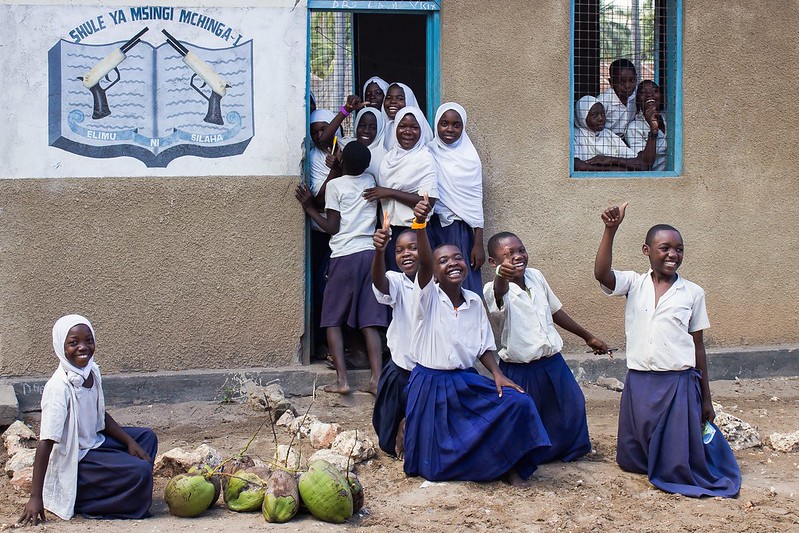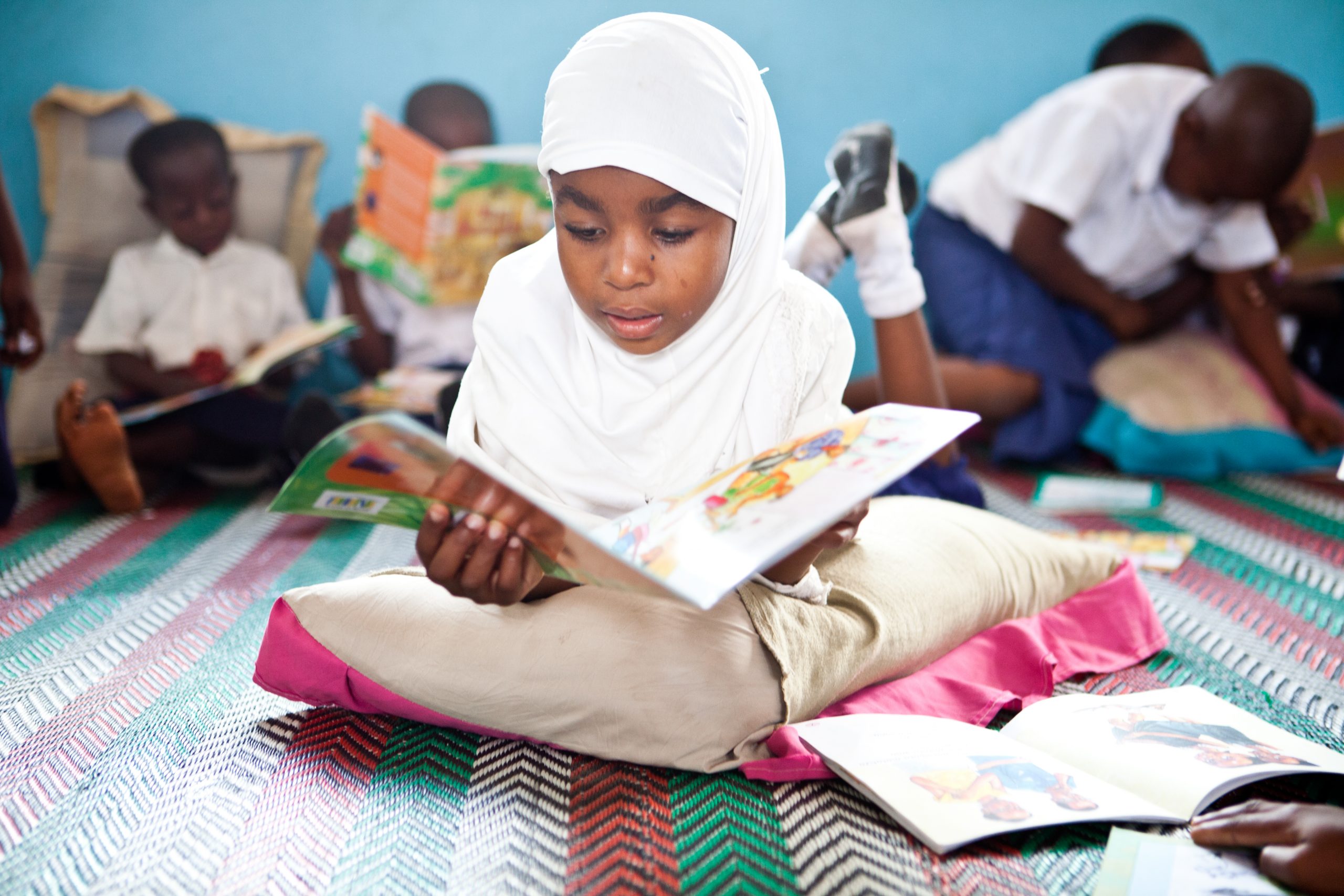In times of uncertainty, how do we best support the next generation to become resilient, skilled and contributing In times of uncertainty,? How can we ensure that all children and young people can access quality learning opportunities and are equipped for the future they deserve? It is those questions that the Schools2030 initiative has sought to answer since it launched in 2020. These are also the crucial questions that more than 200 delegates from across the global seek to answer as they convene in Dar Es Salaam next week.
From the 21-23 June, the inaugural Schools2030 Global Forum will be held in Tanzania, where the Schools2030 team have worked closely with teachers and school communities over the past year to design 100 innovations to advance holistic learning. It will bring together a cross-section of government representatives, education policymakers, researchers, business and civil society leaders, educators, investors, schools and community representatives for three days that aim to flip the mindset on education reform and ensure that the key stakeholders – the teachers and schools themselves – are a driving force in these important conversations.
Alongside Schools2030, the Forum is co-hosted by the Aga Khan Foundation (AKF) – who lead on the programme implementation – UNICEF, the Regional Education and Learning Initiative (RELI) and the Government of Tanzania. In this way, the Forum builds on the long history of partnerships that these organisations have working across multiple sectors together, as well as on their broader education portfolios in the region. It also invites fresh perspectives and expertise from delegates from more than 25 countries. In attendance will be His Excellency Adolf Mkende, Minister of Education in Tanzania, His Excellency Simai Mohammed Said, Minister of Education in Zanzibar, and His Excellency Joao Costa, Minister of Education in Portugal. Portugal, one of Schools2030’s ten programme countries will host next year’s Forum.

The Forum: three days to move the needle on SDG4
Following the format of Schools2030’s Three-Step Model for Educational Change (Assess, Innovate, Showcase) the three days of the Forum will each deep-dive into one of the steps through a series of moderated discussions and roundtable workshops, as participants look to take on the central question of the Forum and quite literally reimagine the role(s) of schools, systems and societies for the future of learning.
Day 1 will explore assessment and evidence in education, examining how teachers might be given the tools to measure what matters in their classrooms – not only traditional academic subjects, but important ‘soft skills’ like creativity, empathy or leadership. It also engages with several research partners (involved in Schools2030’s Research Workstream) to examine how they might best work with and for the schools themselves and disseminate their evidence to policymakers in a meaningful way that ensures uptake of their recommendations.
Day 2 will dive into how teachers and schools can be supported to design practices and strategies that will raise the holistic learning levels of their students. This could mean harnessing new or existing technology, or simply working with novel and playful ways of teaching their subjects, using the evidence gathered through the assessment phase of the programme.
Day 3 asks ‘so what?’ – namely, how can what works at school level be harnessed at policy level and ensure best practices throughout schools and education communities across the world, despite their varied challenges and contexts? Teachers from across the programme will share stories of the innovations that they have designed and implemented in their own schools and offer lessons learned to others who may be facing similar classroom challenges.
With only eight years to achieve what has been laid out in the UN’s Sustainable Development Goals, Schools2030’s Global Forum marks an important moment to ensure that school actors and educators remain in dialogue with global education constituents, as well as at the forefront of education innovation and of providing policymakers with new, actionable evidence about how best to achieve quality, equitable education for all. The Schools2030 Global Forum in Tanzania captures an exciting moment on this journey, and acts as a platform for global education sector stakeholders to reflect, collaborate and share wisdom about ‘what works’ to improve quality learning for children across the world.
See the agenda for the Forum and find links to the live-streamed plenaries here
